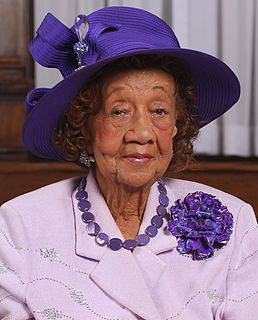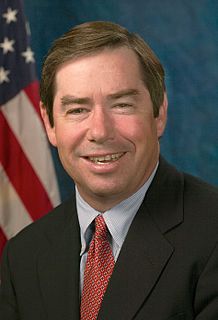A Quote by Dorothy Height
There is no contradiction between effective law enforcement and respect for civil and human rights. Dr. King did not stir us to move for our civil rights to have them taken away in these kinds of fashions.
Related Quotes
They came up with a civil rights bill in 1964, supposedly to solve our problem, and after the bill was signed, three civil rights workers were murdered in cold blood. And the FBI head, Hoover, admits that they know who did it, they've known ever since it happened, and they've done nothing about it. Civil rights bill down the drain.
My friends, to those who say that we are rushing this issue of civil rights, I say to them we are 172 years late. To those who say that this civil-rights program is an infringement on states’ rights, I say this: The time has arrived in America for the Democratic Party to get out of the shadow of states' rights and to walk forthrightly into the bright sunshine of human rights.
The core of human rights work is naming and shaming those who commit abuses, and pressuring governments to put the screws to abusing states. As a result, human rights conventions are unique among international law instruments in depending for their enforcement mostly on the activism of a global civil society movement.
When you expand the civil-rights struggle to the level of human rights, you can then take the case of the black man in this country before the nations in the UN. You can take it before the General Assembly. You can take Uncle Sam before a world court. But the only level you can do it on is the level of human rights. Civil rights keeps you under his restrictions, under his jurisdiction. Civil rights keeps you in his pocket.
Contrary to the claims of the supporters of the Civil Rights Act of 1964 and the sponsors of H.Res. 676, the Civil Rights Act of 1964 did not improve race relations or enhance freedom. Instead, the forced integration dictated by the Civil Rights Act of 1964 increased racial tensions while diminishing individual liberty.
For black politicians, civil rights organizations and white liberals to support the racist practices of the University of Michigan amounts to no less than a gross betrayal of the civil rights principles of our historic struggle from slavery to the final guarantee of constitutional rights to all Americans. Indeed, it was practices like those of the University of Michigan, but against blacks, that were the focal point of much of the civil rights movement.
I was involved in the civil rights movement way back in the late '50s and through the '60s and '70s. I was doing a civil rights musical here in Los Angeles and we sang at one of the rallies where Dr. Martin Luther King spoke, and I remember the thrill I felt when we were introduced to him. To have him shake your hand was an absolutely unforgettable experience. Even before I could vote, I was involved in the political arena.
That was exciting to be able to comment on civil rights. I mean, the civil rights movement that young people don't know about today, but Martin Luther King was considered by the establishment press in the early years of the sit-in movement as a dangerous man, and he was the equivalent at that time as Malcolm X. And he was told to stop his demonstrations; they were against the law and all of that. Now that he's sainted and sanctified we've forgotten.


































